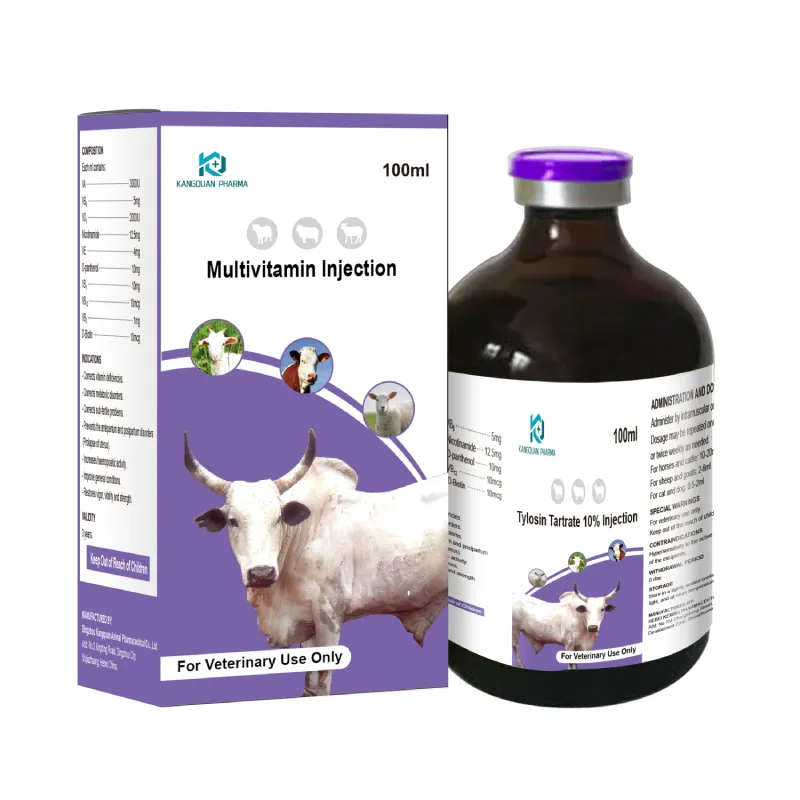- Afrikaans
- Albanian
- Amharic
- Arabic
- Armenian
- Azerbaijani
- Basque
- Belarusian
- Bengali
- Bosnian
- Bulgarian
- Catalan
- Cebuano
- Corsican
- Croatian
- Czech
- Danish
- Dutch
- English
- Esperanto
- Estonian
- Finnish
- French
- Frisian
- Galician
- Georgian
- German
- Greek
- Gujarati
- Haitian Creole
- hausa
- hawaiian
- Hebrew
- Hindi
- Miao
- Hungarian
- Icelandic
- igbo
- Indonesian
- irish
- Italian
- Japanese
- Javanese
- Kannada
- kazakh
- Khmer
- Rwandese
- Korean
- Kurdish
- Kyrgyz
- Lao
- Latin
- Latvian
- Lithuanian
- Luxembourgish
- Macedonian
- Malgashi
- Malay
- Malayalam
- Maltese
- Maori
- Marathi
- Mongolian
- Myanmar
- Nepali
- Norwegian
- Norwegian
- Occitan
- Pashto
- Persian
- Polish
- Portuguese
- Punjabi
- Romanian
- Russian
- Samoan
- Scottish Gaelic
- Serbian
- Sesotho
- Shona
- Sindhi
- Sinhala
- Slovak
- Slovenian
- Somali
- Spanish
- Sundanese
- Swahili
- Swedish
- Tagalog
- Tajik
- Tamil
- Tatar
- Telugu
- Thai
- Turkish
- Turkmen
- Ukrainian
- Urdu
- Uighur
- Uzbek
- Vietnamese
- Welsh
- Bantu
- Yiddish
- Yoruba
- Zulu
Dec . 12, 2024 05:36 Back to list
doxycycline hyclate dosage for std
Understanding Doxycycline Hyclate Dosage for STDs
Doxycycline hyclate is a broad-spectrum antibiotic that belongs to the tetracycline class of medications. Its unique properties make it particularly effective in treating various sexually transmitted diseases (STDs), including chlamydia, gonorrhea, and syphilis. In this article, we will explore the recommended dosages for doxycycline hyclate when used for STDs, as well as important considerations for its use.
Recommended Dosage
For the treatment of chlamydia, the typical dosage of doxycycline hyclate is 100 mg taken orally twice a day for seven days. This regimen is effective in eliminating the infection and reducing the risk of transmission. When treating gonorrhea, doxycycline is often used in conjunction with another antibiotic, such as ceftriaxone, due to the increasing rates of antibiotic resistance.
In the case of syphilis, doxycycline can be utilized as an alternative for patients who are allergic to penicillin. The standard treatment for syphilis typically requires 100 mg of doxycycline taken orally twice daily for 14 days. It's essential for patients to complete the entire course of antibiotics, even if symptoms improve before the medication is finished.
Pediatric Considerations
Doxycycline is generally not recommended for children under the age of 8 due to the risk of tooth discoloration and potential effects on bone growth. However, in certain cases of severe infections or if no alternative treatments are suitable, a healthcare provider may prescribe it cautiously in younger patients. Dosages should be carefully adjusted based on the child's weight and specific condition.
Potential Side Effects
doxycycline hyclate dosage for std

As with any medication, doxycycline may cause side effects. Common side effects include nausea, vomiting, diarrhea, and sensitivity to sunlight. Patients are advised to take doxycycline with a full glass of water and to remain upright for at least 30 minutes afterward to minimize the risk of esophageal irritation. It is crucial for individuals on doxycycline to practice sun safety, as exposure to sunlight can lead to sunburn or skin rash.
Drug Interactions
Before starting doxycycline, patients should inform their healthcare providers about any other medications they are taking. Doxycycline can interact with antacids, iron supplements, and certain medications used to treat seizures, which can reduce its effectiveness. It's recommended to space these medications apart; for example, taking them at least two hours before or after doxycycline.
Importance of Medical Guidance
Self-medication or altering the prescribed dosage without consulting a healthcare professional can lead to treatment failure and the development of antibiotic resistance. Patients are encouraged to follow their healthcare provider's instructions meticulously and attend follow-up appointments to monitor treatment efficacy and check for any reinfections.
Conclusion
Doxycycline hyclate is an effective antibiotic for treating specific STDs when used at the recommended dosages. Understanding the appropriate dosages, considering the potential side effects, and being mindful of drug interactions are essential for achieving successful treatment outcomes. As with any medical treatment, consulting with a healthcare provider is vital for ensuring safe and effective care. By adhering to prescribed treatments, individuals can manage STDs successfully and contribute to public health efforts in controlling these infections.
-
Guide to Oxytetracycline Injection
NewsMar.27,2025
-
Guide to Colistin Sulphate
NewsMar.27,2025
-
Gentamicin Sulfate: Uses, Price, And Key Information
NewsMar.27,2025
-
Enrofloxacin Injection: Uses, Price, And Supplier Information
NewsMar.27,2025
-
Dexamethasone Sodium Phosphate Injection: Uses, Price, And Key Information
NewsMar.27,2025
-
Albendazole Tablet: Uses, Dosage, Cost, And Key Information
NewsMar.27,2025













